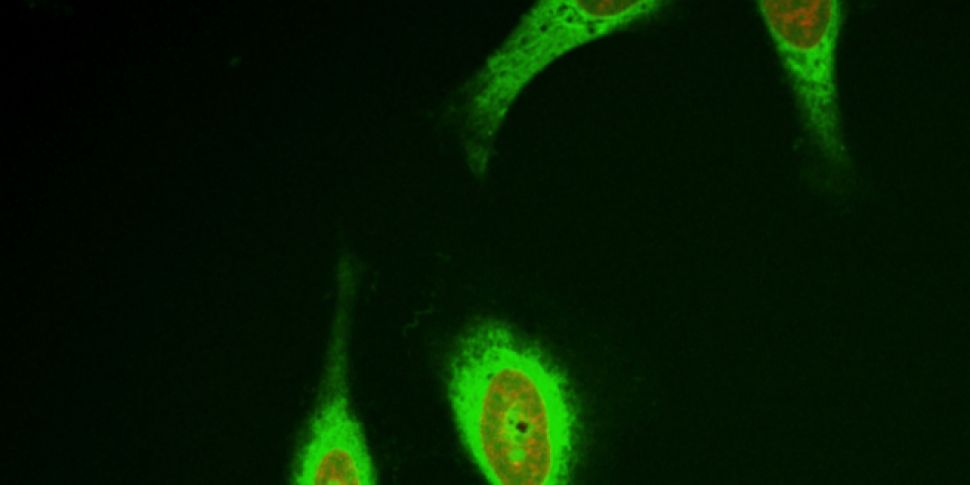Scientists at Trinity College have uncovered a new class of enzyme that could potentially be used to significantly improve cancer treatments.
Many current cancer therapies are unable to specifically target cancerous cells.
As a result doctors can only administer limited doses - and patients are often left with severe and debilitating side-effects.
Researchers at the Trinity Biomedical Sciences Institute have now uncovered a new class of compounds - glyconaphthalimides - that can be used to target cancer cells with greater precision than current options allow.
The scientists claim the finding could result in the development of improved targeted cancer therapies - with significantly reduced side-effects for patients.
In addition to killing cancerous cells, the technology may also be used to image them - potentially leading to improvements in diagnosis.
Eoin Scanlon, associate professor in chemistry at Trinity - who led the research group - said the discovery is “really exciting.”
He said certain cancer therapies are limited due to the toxicity of the compounds used.
“Our compounds are completely inactive until they are released by the enzymes that are naturally overexpressed at the tumour site,” he said. “The active compound is then rapidly taken up by cancer cells.”
“Our next steps will be to apply this technology to release specific anti-cancer drugs and to test it against a range of different cancer types.”
The research was funded by Science Foundation Ireland.









